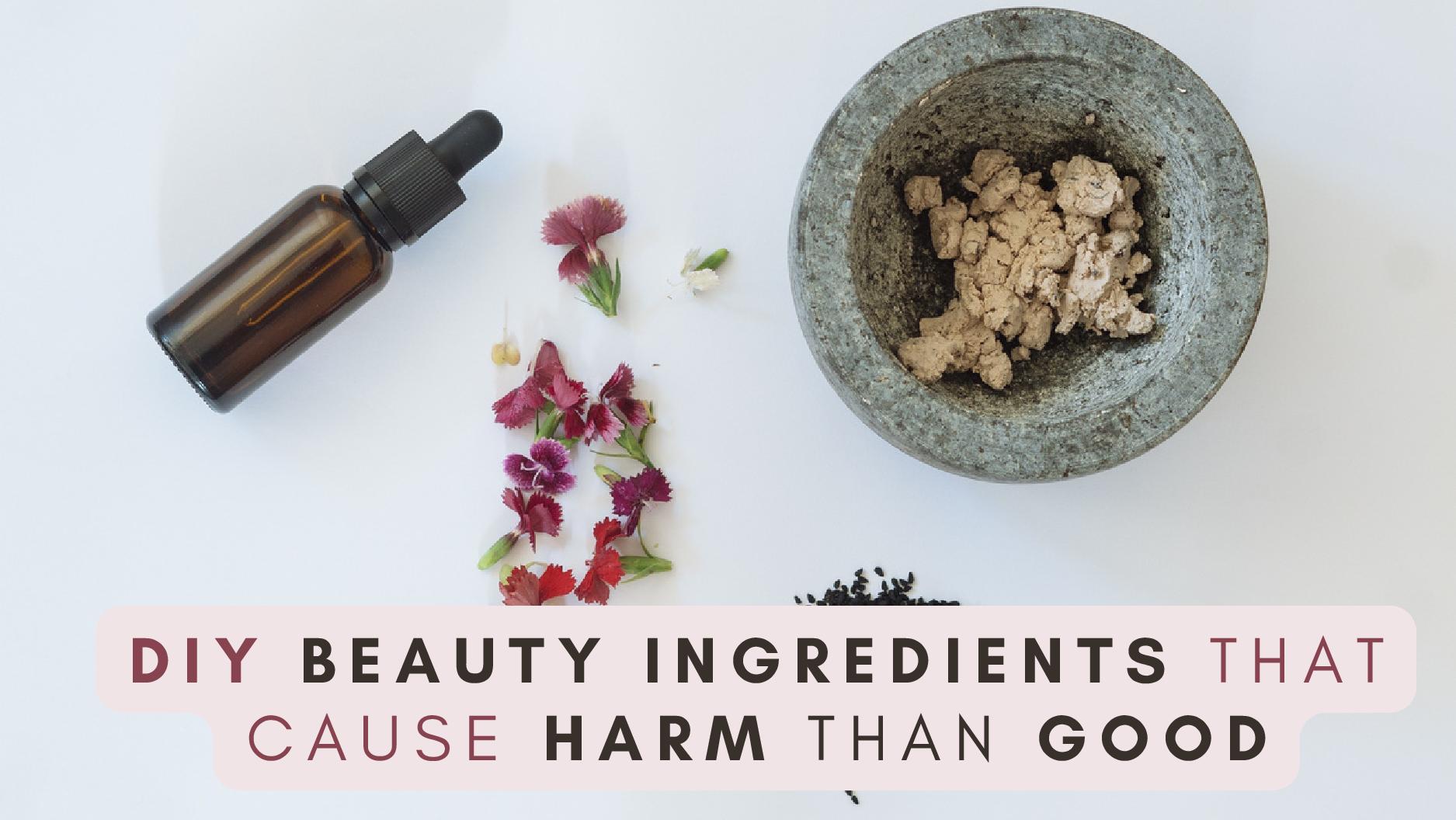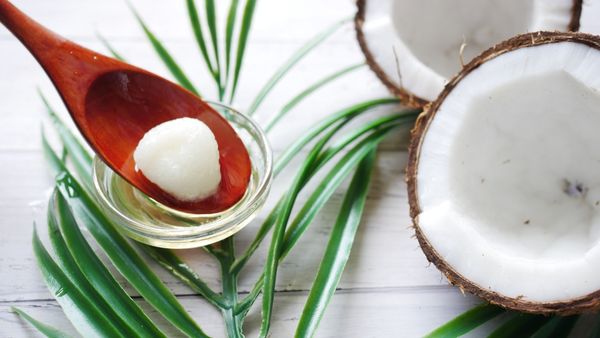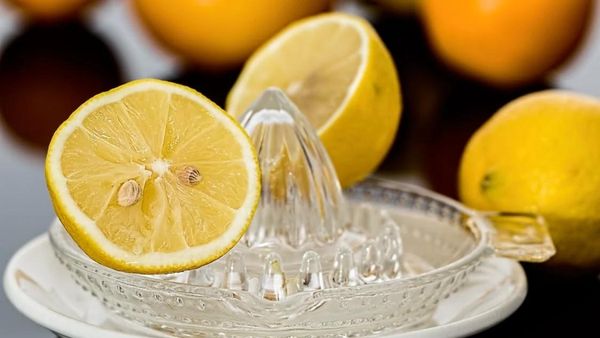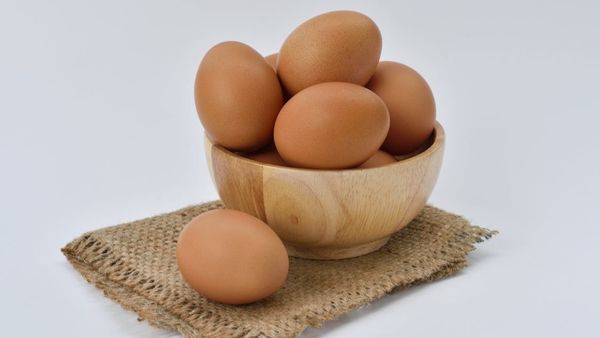Just In
- 6 hrs ago

- 7 hrs ago

- 10 hrs ago

- 17 hrs ago

Don't Miss
- Sports
 Most Wickets In IPL 2024, Purple Cap Holder: Top 10 And Teamwise Top 5 Wicket-Takers On April 20
Most Wickets In IPL 2024, Purple Cap Holder: Top 10 And Teamwise Top 5 Wicket-Takers On April 20 - Finance
 2:1 Bonus Issue: IT Penny Stock Turned; 1,600 Shares Market Lot Size Revised To 4,800 Shares
2:1 Bonus Issue: IT Penny Stock Turned; 1,600 Shares Market Lot Size Revised To 4,800 Shares - Movies
 Bigg Boss Malayalam 6 Voting Trends: Saranya, Sreerekha or Jaanmoni; Who Will Get Least Votes On Mohanlal’s Sh
Bigg Boss Malayalam 6 Voting Trends: Saranya, Sreerekha or Jaanmoni; Who Will Get Least Votes On Mohanlal’s Sh - News
 Chinese President Xi Jinping Orders Biggest Military Reorganisation Since 2015
Chinese President Xi Jinping Orders Biggest Military Reorganisation Since 2015 - Education
 Exam Pressure Does Not Exist; Studying Punctually is Crucial; Says Aditi, the PSEB 2024 Topper
Exam Pressure Does Not Exist; Studying Punctually is Crucial; Says Aditi, the PSEB 2024 Topper - Automobiles
 Suzuki Swift Hatchback Scores 4 Star Safety Rating At JNCAP – ADAS, New Engine & More
Suzuki Swift Hatchback Scores 4 Star Safety Rating At JNCAP – ADAS, New Engine & More - Technology
 Dell Introduces AI-Powered Laptops and Mobile Workstations for Enterprises in India
Dell Introduces AI-Powered Laptops and Mobile Workstations for Enterprises in India - Travel
 Journey From Delhi To Ooty: Top Transport Options And Attractions
Journey From Delhi To Ooty: Top Transport Options And Attractions
Six DIY Beauty Ingredients That Can Cause More Harm Than Good
People are turning to their kitchen cabinets instead of their vanity shelves to find traditional remedies these days. However, not all natural products are necessarily safe for your skin-simply because they are natural does not mean they are safe.
Everywhere you look, it's all about DIY skincare (guilty as charged, lol). But, how good or beneficial are these natural skincare ingredients?

In many cases, dermatologists encourage their patients not to use DIY treatments to treat skin conditions because they have seen cases where DIY treatments have been used incorrectly - such as toothpaste for pimples, sugar as a skin scrub, etc.
Despite the fact that certain beauty ingredients are beneficial, a lot of kitchen staples can be quite harsh on your skin and hair. Here are six DIY ingredients that may be detrimental to the health of your skin and hair.
Six DIY Beauty Ingredients That Can Cause More Harm Than Good
1. Coconut oil
If you're acne-prone, coconut oil isn't the best for your skin. Coconut oil gets a lot of attention for being a good acne-buster because of its antibacterial properties, but people forget that it's comedogenic by nature. When coconut oil is applied to the skin, it forms a layer that sits on top of the skin because the molecules are too big to be absorbed into the skin, causing your pores to clog [1].
Use a non-comedogenic cleanser or makeup remover instead of coconut oil.

2. Toothpaste
Is there anyone who has not used toothpaste to remove pimples? Well, toothpaste contains peroxide and baking soda. Although some claim it works, it does not necessarily prevent new acne from developing. When toothpaste contains baking soda, the pH levels of the skin can be altered, thereby impairing its barrier function [2].
Use OTC salicylic acid spot treatment instead of toothpaste.
3. Lemon juice
It is likely that lemons are one of the DIY favourites under the sun - for treating dandruff, brightening the skin and so on. In fact, lemon juice has even been used to treat sunburns, which is ironic, since applying lemon juice to the skin can cause inflammation if it is exposed to the sun [3].
Light-sensitising ingredients in lemons can cause redness, irritation, and even blisters when exposed to light. Therefore, lemons, commonly used for lightening, can contribute to more pigmentation by causing redness and burning.
Use Vitamin C-based serums or AHAs instead of lemon.

4. Vinegar
Despite the fact that vinegar does not have a basic pH like baking soda, repeated applications can result in superficial burns [4]. The other side effects include skin irritation, sunburn, and even de-pigmentation. Therefore, you should reconsider spraying and toning your skin with vinegar the next time you do!
Use a clarifying toner instead of vinegar.
5. Home-made scrubs
When it comes to exfoliating, you don't always have to rub your skin off. Sugar and coffee grounds may cause micro-tears in your skin since these particles don't have regular edges. Microtears make it easier for bacteria to get in, which can lead to infections, pigmentation, and scarring [5].
Replace homemade scrubs with chemical exfoliants such as salicylic acid, glycolic acid, and lactic acid.

6. Eggs
Often used in DIY skin and hair treatments, eggs can contain salmonella. If you accidentally ingest any of it, you may experience diarrhoea, fever, and severe stomach pain [6].
Salmonella can even infect the skin in rare instances. If you want healthy skin, eat the egg cooked, and do not put it on your face.
So, the next time you see a DIY recipe, make sure you give it a double-check!
-
 beautyHoli 2024: 8 Effective Tips To Safely Remove Harmful Colours From Your Hair
beautyHoli 2024: 8 Effective Tips To Safely Remove Harmful Colours From Your Hair -
 insyncEco-Friendly Gift Wrapping: 5 Ways To Make This Holiday Season Fun 'N Green
insyncEco-Friendly Gift Wrapping: 5 Ways To Make This Holiday Season Fun 'N Green -
 beautyBeauty In A Jar: Can You Make Anti-Ageing Collagen Powder At Home?
beautyBeauty In A Jar: Can You Make Anti-Ageing Collagen Powder At Home? -
 home n gardenDiwali 2023: How To Make DIY Lanterns For Diwali
home n gardenDiwali 2023: How To Make DIY Lanterns For Diwali -
 healthHow To Dry Rose Petals To Make Rose Tea At Home? Best For Weight Loss, Menstrual Cramps And More
healthHow To Dry Rose Petals To Make Rose Tea At Home? Best For Weight Loss, Menstrual Cramps And More -
 home n garden6 Creative Ways To Decorate Your Home On Tight Budget, The Result Is One-Of-A-Kind!
home n garden6 Creative Ways To Decorate Your Home On Tight Budget, The Result Is One-Of-A-Kind! -
 fashionAnanya Panday's DIY Skincare Masks For The Glowy Skin, Achieve Your Skin Goals!
fashionAnanya Panday's DIY Skincare Masks For The Glowy Skin, Achieve Your Skin Goals! -
 insyncUnique DIY Anniversary Gifts And Ideas That Will Take Your Partner By Surprise And Create Beautiful Memories
insyncUnique DIY Anniversary Gifts And Ideas That Will Take Your Partner By Surprise And Create Beautiful Memories -
 beautyStep-by-Step Guide: How To Trim Your Hair At Home Like A Pro
beautyStep-by-Step Guide: How To Trim Your Hair At Home Like A Pro -
 healthUnlock The Secret To Healthy Nails: Strengthen Your Nails Naturally At Home
healthUnlock The Secret To Healthy Nails: Strengthen Your Nails Naturally At Home -
 beautySpice Up Your Skincare: DIY Herbal Face Masks With Indian Spices
beautySpice Up Your Skincare: DIY Herbal Face Masks With Indian Spices -
 beautyGet Festive-Ready: Onam DIY Beauty Tips Using Traditional Ingredients
beautyGet Festive-Ready: Onam DIY Beauty Tips Using Traditional Ingredients


 Click it and Unblock the Notifications
Click it and Unblock the Notifications



